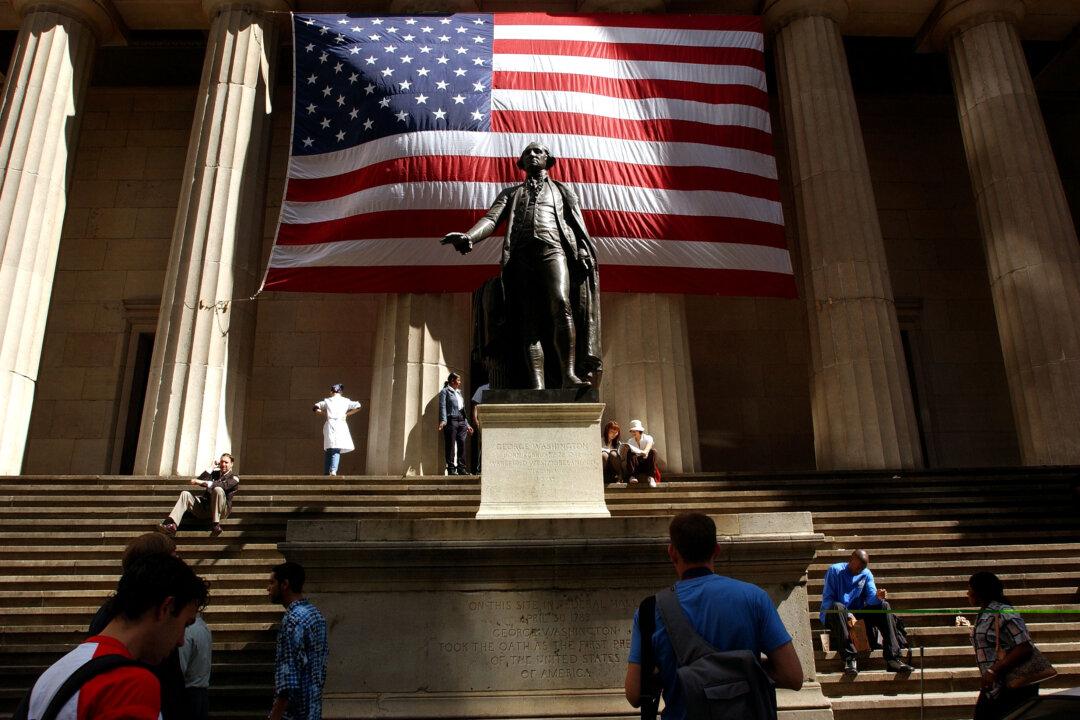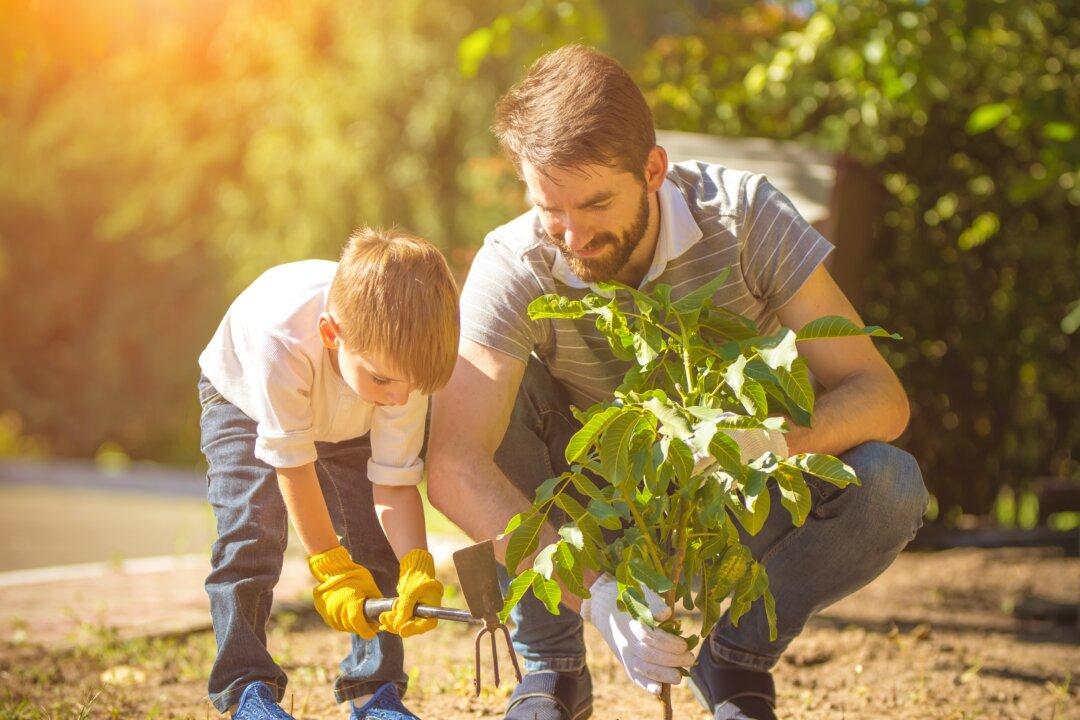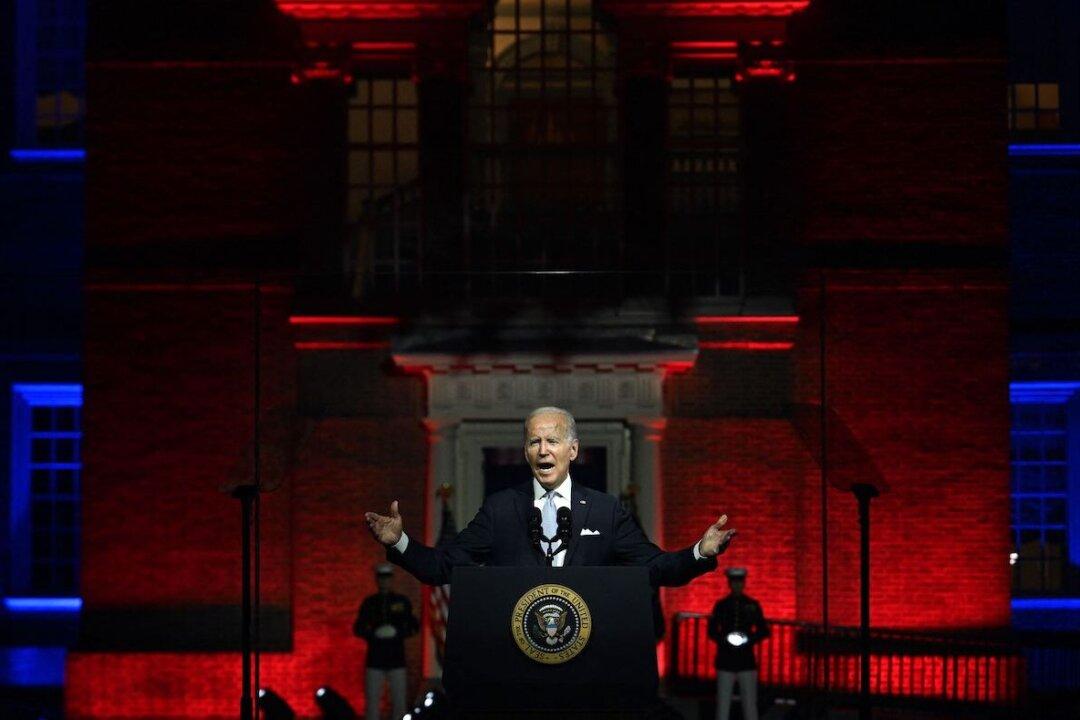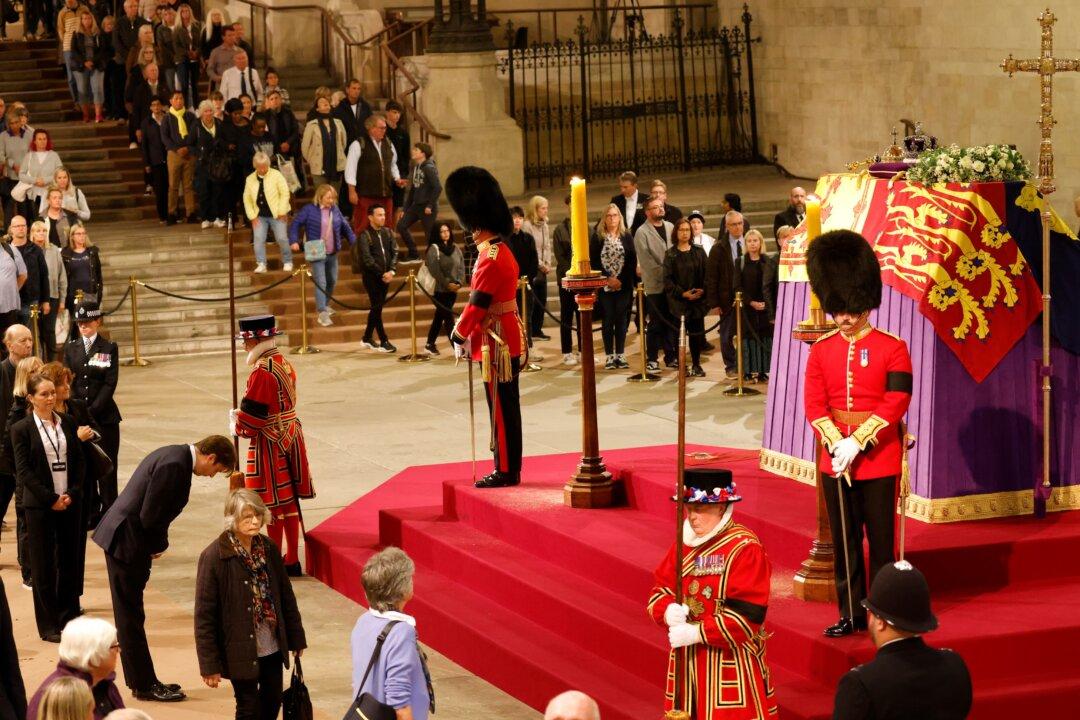Commentary
I live in a small, faith-based college town. Ave Maria University, Florida, is formally Catholic, and the town is informally but predominantly so. The iconic parish church is at the heart of the town, physically and spiritually. So no one was surprised by the experience of a new undergraduate the other day, just settling in.





